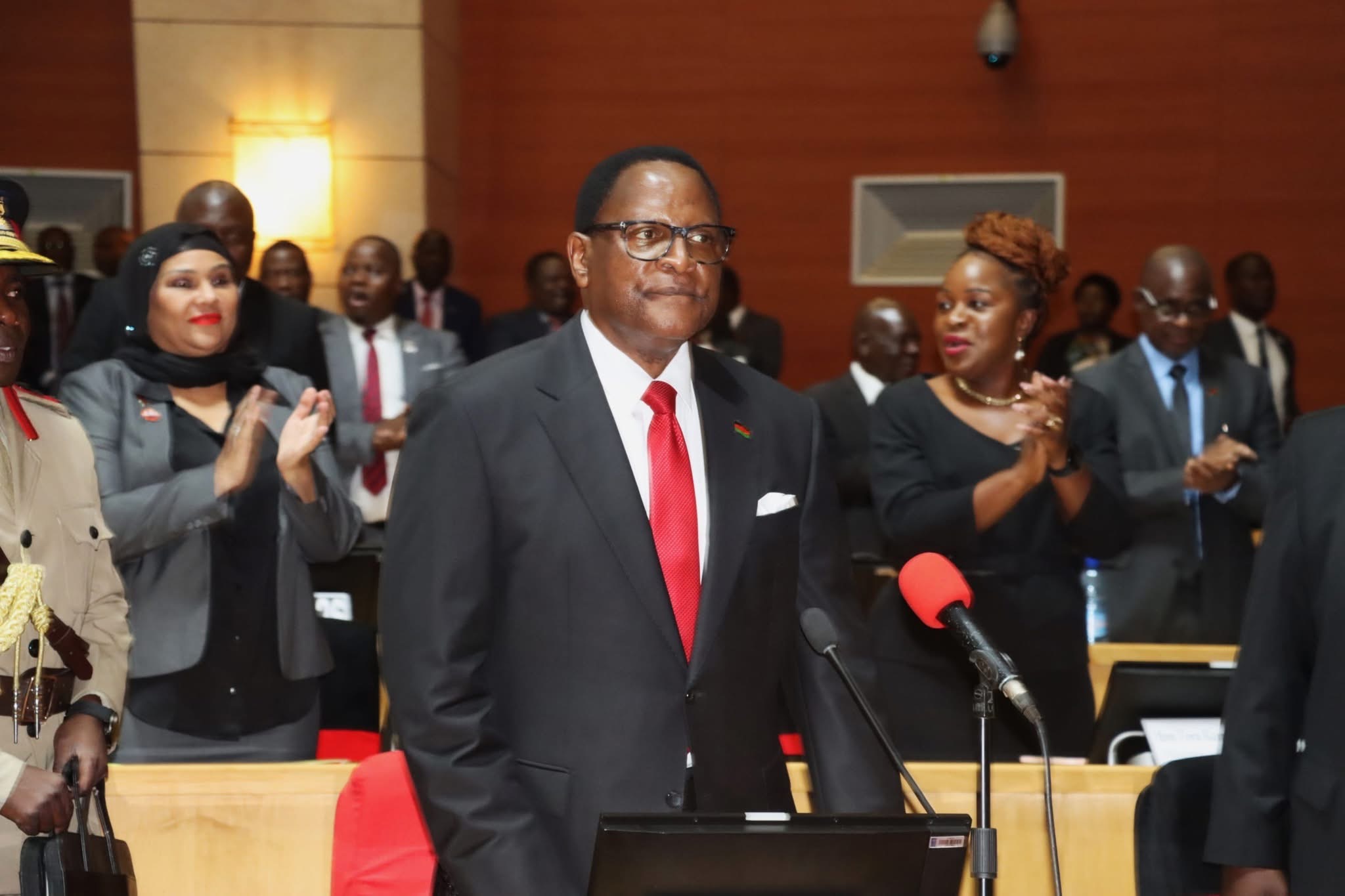
As Malawi approaches its 2025 general election, political debate is intensifying around President Lazarus Chakwera’s choice of running mate.
Among several contenders, Engineer Vitumbiko Mumba has emerged as a provocative yet strategic option, promising to reshape the Malawi Congress Party’s (MCP) bid for re-election.
A detailed position paper authored by political analyst Innocencia Chikuse argues that while Chakwera has made strides—particularly in infrastructure development—economic challenges such as inflation, currency instability, and declining household incomes continue to weigh heavily on the electorate. These pressures have opened the door for opposition forces to reclaim lost ground, making a first-round victory for Chakwera far from certain.
“The narrative will slip from ‘Chakwera is leading’ to ‘Chakwera is surviving.’ And survival, Sir, is not a winning message,” warns Chikuse, urging the president to avoid a costly runoff election that could bolster opposition momentum.
Within this context, the choice of running mate becomes critical. Chikuse highlights three main candidates: Catherine Gotani Hara, the current Speaker of Parliament, Dr. Michael Usi, Chakwera’s appointed vice president, and Engineer Vitumbiko Mumba.
Gotani Hara, though symbolically important as a woman in high office, is seen as lacking the electoral muscle and grassroots mobilization needed to sway key voting blocs, especially in the influential Northern Region.
Dr. Usi is respected for his moral integrity and calm presence but has limited electoral appeal, having failed to secure a parliamentary seat himself.
In stark contrast stands Vitumbiko Mumba, a dynamic political newcomer with a track record in Labour and Trade ministries. His energetic reformist stance and broad regional appeal—particularly in the North—make him a formidable figure. Yet, his blunt style and perceived threat to established party hierarchies have made him a controversial figure within MCP ranks.
“Mumba could be your strategic advantage,” Chikuse contends, describing him as “electrifying, unpredictable, and the people’s lion.” She argues that the Northern Region, a likely battleground, requires a candidate who commands respect and inspires voters, qualities that Mumba uniquely offers.
The paper concludes with a call for boldness. In the face of a fragmented field including Joyce Banda, Dalitso Kabambe, and Atupele Muluzi, Chakwera must build new alliances and select a running mate who delivers both loyalty and electoral strength.
“This election will be won by reading the mood of the country,” Chikuse says, “and selecting a partner who brings value—strategically, numerically, and emotionally.”
As Malawi stands at a political crossroads, the president’s choice of running mate may prove decisive not only for the election outcome but for the country’s future direction.



